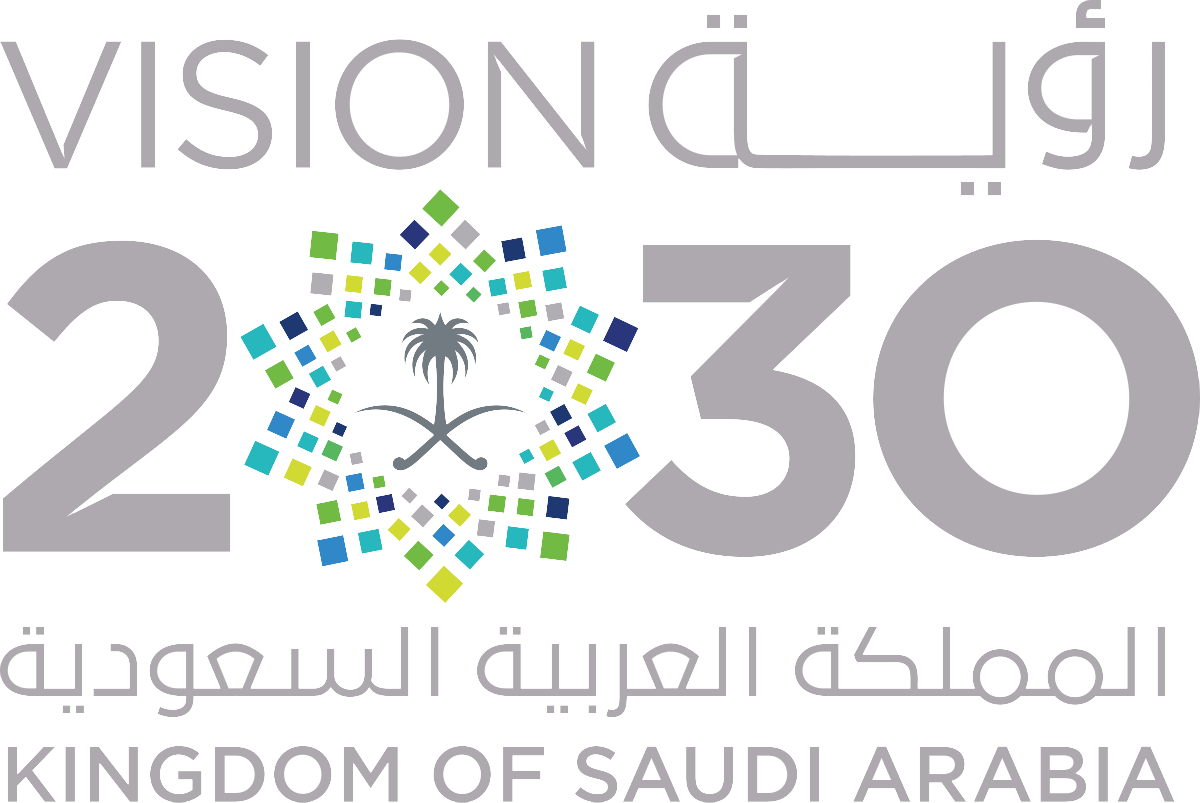Dates in Saudi Arabia

Dates hold a prominent place in Saudi Arabia's culture, economy, and daily life. The country is one of the world's largest producers and exporters of dates, with numerous varieties cultivated across different regions. Here’s an in-depth look at the role of dates in Saudi Arabia:
Economic Significance
Major Producer:
Saudi Arabia is one of the top producers of dates globally, with significant contributions to the agricultural sector.
The country produces over 1 million tons of dates annually, accounting for a substantial share of global production.
Varieties:
Ajwa: Renowned for its religious significance and unique taste, Ajwa dates are grown mainly in Medina.
Sukkary: Known for their soft texture and caramel-like flavor, Sukkary dates are popular in Qassim.
Khalas: A versatile and widely consumed variety, Khalas dates are grown in Al-Hasa and other regions.
Medjool: Often called the “king of dates,” Medjool dates are also cultivated in Saudi Arabia and are prized for their size and sweetness.
Export Market:
Saudi Arabia exports dates to numerous countries, contributing significantly to its economy.
The government has initiatives to increase date exports and enhance their global market presence.
Cultural and Religious Importance
Islamic Tradition:
Dates are deeply rooted in Islamic tradition and are often mentioned in the Quran.
They are particularly significant during Ramadan, as it is customary to break the fast with dates and water or milk, following the practice of the Prophet Muhammad.
Festivals and Celebrations:
Dates are integral to Saudi celebrations and hospitality. They are often served to guests along with Arabic coffee as a sign of generosity and warmth.
Agricultural Practices
Date Palm Cultivation:
Date palms are well-suited to the arid climate of Saudi Arabia. The country has vast date palm plantations, particularly in regions like Al-Qassim, Al-Hasa, and Medina.
Advanced irrigation techniques and modern agricultural practices are employed to improve yield and quality.
Sustainability:
Efforts are being made to utilize sustainable farming practices to conserve water and protect the environment.
Industry and Innovation
Processing and Packaging:
Saudi Arabia has developed modern facilities for the processing, packaging, and storage of dates to ensure high quality and hygiene standards.
Value-added products such as date syrup, date paste, and date-based snacks are becoming increasingly popular.
Research and Development:
Ongoing research aims to improve date cultivation techniques, develop new varieties, and enhance pest control methods.
Innovations in processing and product development are contributing to the diversification of date products.
Government Initiatives
Support Programs:
The Saudi government provides support to date farmers through subsidies, technical assistance, and training programs.
Initiatives to promote date consumption and awareness both domestically and internationally are actively pursued.
Festivals and Events:
Annual date festivals, such as the Buraidah Date Festival in Al-Qassim, showcase the diversity of Saudi dates and promote local varieties.
These events serve as a platform for farmers, traders, and consumers to interact and explore new business opportunities.
Challenges and Future Prospects
Climate Change:
Adapting to climate change and managing water resources effectively are critical challenges for date palm cultivation in Saudi Arabia.
Research into drought-resistant varieties and efficient irrigation methods is ongoing.
Market Expansion:
Efforts to expand the global market for Saudi dates include improving export logistics, enhancing packaging, and meeting international quality standards.
Marketing campaigns aim to increase awareness of the health benefits and culinary uses of dates.




